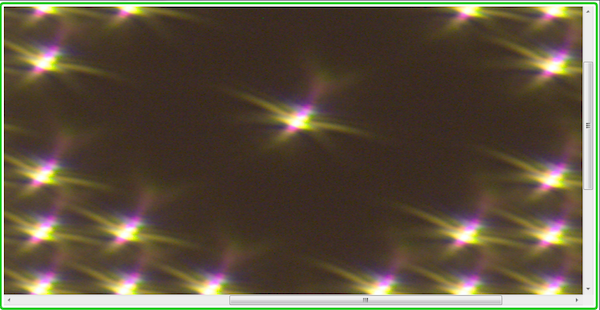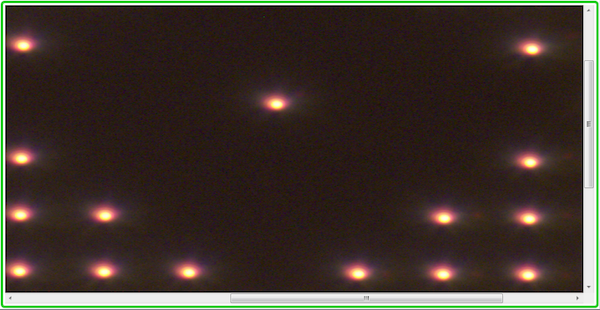- Messages
- 1,097
- Name
- Alistair
- Edit My Images
- No
It's probably be covered many times, with many people on both sides of the argument..
"yes I use filters, I want to protect my lens"
"no, don't bother, they're not worth it"
Well, in case you were considering putting a UV filter on your lenses, take a read of this article from Roger Cicala from Lens Rentals (a company that sees, tests and repairs thousands of lenses each year)
https://www.lensrentals.com/blog/2017/05/yet-another-post-about-my-issues-with-uv-filters/
Take a look at the images from their test:
With filter

Without filter

His conclusion: "There are circumstances where good-quality UV or clear filters are really a good idea. But there are no circumstances where a low-quality filter is a good idea. None."
If you want to read a more in depth analysis of whether UV/protective filters should be used, check out this other article, which talks about the cost/benefit of using them: https://www.lensrentals.com/blog/2016/12/front-element-lens-protection-revisited/
Beginners should probably take note too, don't let the sales person sell you a cheap filter "for protection" as it's not worth it.
"yes I use filters, I want to protect my lens"
"no, don't bother, they're not worth it"
Well, in case you were considering putting a UV filter on your lenses, take a read of this article from Roger Cicala from Lens Rentals (a company that sees, tests and repairs thousands of lenses each year)
https://www.lensrentals.com/blog/2017/05/yet-another-post-about-my-issues-with-uv-filters/
Take a look at the images from their test:
With filter

Without filter

His conclusion: "There are circumstances where good-quality UV or clear filters are really a good idea. But there are no circumstances where a low-quality filter is a good idea. None."
If you want to read a more in depth analysis of whether UV/protective filters should be used, check out this other article, which talks about the cost/benefit of using them: https://www.lensrentals.com/blog/2016/12/front-element-lens-protection-revisited/
Beginners should probably take note too, don't let the sales person sell you a cheap filter "for protection" as it's not worth it.



